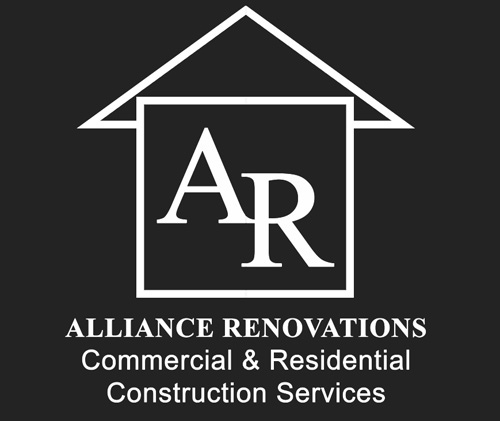Finding a Good Contractor: What to Check Before You Hire
The home renovation journey is exciting, but finding a reliable contractor can often feel like searching for a needle in a haystack. A good contractor can turn your dream project into a reality, while the wrong one can leave you with a costly and time-consuming nightmare. Here’s a guide to help you navigate the process and make an informed choice.
Why Is It So Hard to Find a Good Contractor?
With so many contractors out there, you’d think it would be easy to find one that’s a great fit. Unfortunately, that’s not always the case. Several factors make it challenging:
Demand vs. Availability: The construction and renovation industry has seen unprecedented demand in recent years, especially in areas like kitchens and bathrooms. Many experienced contractors are booked out months in advance.
Varying Levels of Expertise: Not all contractors have the same skill set or level of experience. Some may excel in certain types of renovations but lack knowledge in others.
Lack of Regulation: In many regions, licensing requirements vary, and it can be hard to distinguish true professionals from less-qualified providers. This inconsistency makes due diligence critical.
Steps to Ensure You’re Choosing the Right Contractor
To increase your chances of finding a skilled and reliable contractor, follow these steps:
1. Verify Licensing and Insurance
Reputable contractors should have up-to-date licenses and insurance. Licensing ensures that they’re qualified and meet your region’s requirements. Insurance, on the other hand, protects both you and the contractor if anything goes wrong during the project. Don’t hesitate to ask for copies of both documents, and make sure they cover the type of work you’re planning.
2. Check Reviews and References
Online reviews on platforms like Google, Houzz, and the Better Business Bureau can give you insight into a contractor’s reputation. Additionally, ask for at least three references and contact past clients to get an honest sense of their experience. Key questions to ask include:
Were they satisfied with the quality of work?
Was the project completed on time and within budget?
How was the contractor’s communication throughout the project?
3. Review Their Portfolio
A contractor’s portfolio is their best resume. Look for examples of projects similar to what you want-whether it’s a kitchen remodel, bathroom upgrade, or entire home renovation. You’ll get a sense of their style, expertise, and attention to detail.
4. Request a Detailed Quote
When discussing your project, ask for a comprehensive, itemized quote. This should outline costs for labor, materials, and any additional fees. Avoid vague estimates, which can lead to unexpected costs down the line. A good contractor should also be able to explain any line items and discuss possible changes that could affect the budget.
5. Ask About Timelines
Clear communication around timelines is essential. Ask about the contractor’s availability and estimated time to complete your project. Be wary of contractors who promise unrealistically short timelines. Quality work takes time, and a rushed job can lead to poor results and future issues.
6. Get a Written Contract
Once you’ve selected a contractor, make sure you have a comprehensive written contract that includes details on the project scope, materials, costs, timelines, and terms of payment. A contract protects both parties and can prevent misunderstandings.
7. Observe Communication and Professionalism
The way a contractor communicates with you from the beginning can be a strong indicator of what it will be like to work with them. Good contractors should be responsive, transparent, and respectful. If they’re hard to reach, frequently cancel meetings, or seem reluctant to answer questions, consider it a red flag.
Red Flags to Watch Out For
To help you avoid potential pitfalls, be on the lookout for these red flags:
Unlicensed or Uninsured Contractors: Hiring someone without the necessary credentials can lead to problems with both quality and liability.
Demanding a Large Upfront Payment: While a small deposit is standard, a reputable contractor will not ask for more than 10-15% upfront.
Unclear or Vague Contracts: If a contractor is unwilling to put everything in writing, it’s best to find someone else.
Extremely Low Estimates: If one quote is significantly lower than others, it could mean that the contractor is cutting corners on materials or labor.
In Conclusion
Finding the right contractor is essential to achieving your renovation goals while staying on budget and on schedule. Taking the time to thoroughly vet contractors, ask the right questions, and trust your instincts will go a long way. Remember, a good contractor is an investment in the success of your project. When in doubt, Alliance Renovations is here to help you find a qualified, trusted partner who can bring your vision to life with professionalism and skill.
Are you ready to start your project? Contact us today to get started on the right foot!
